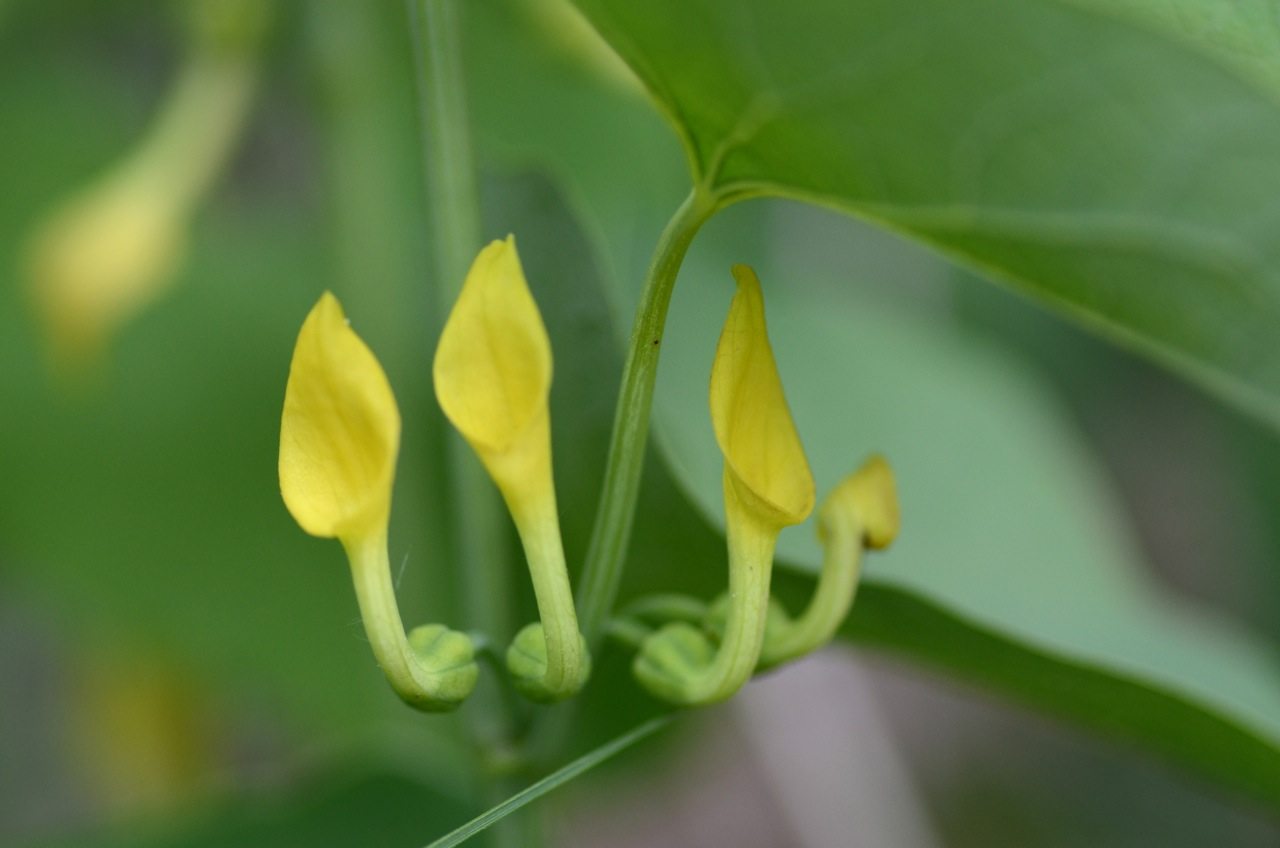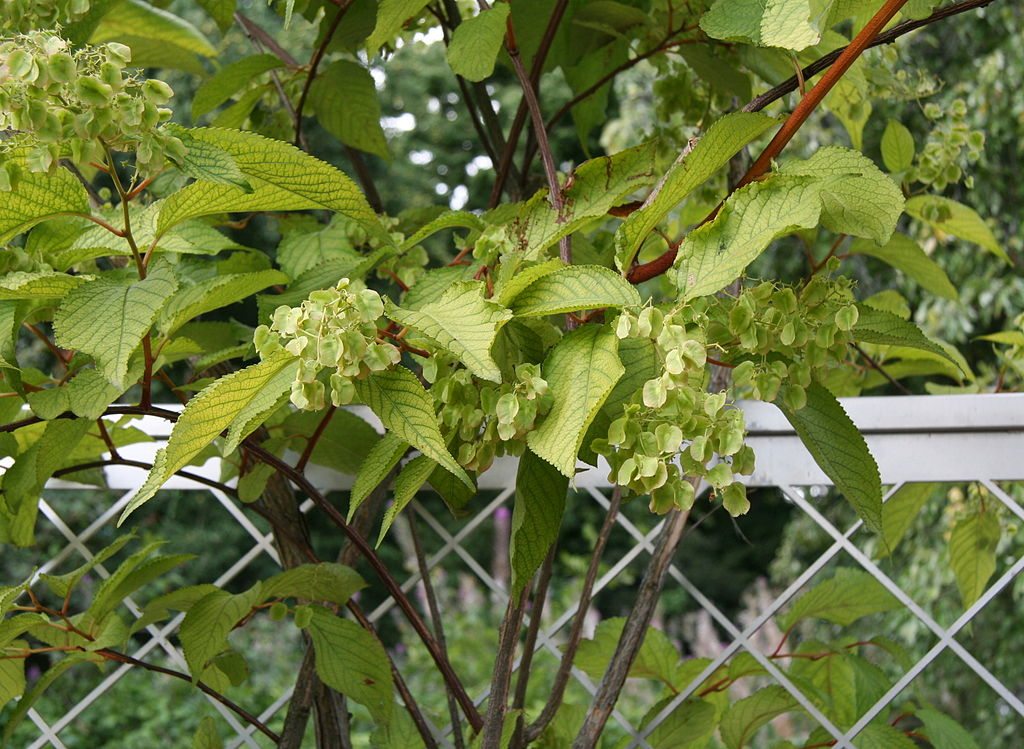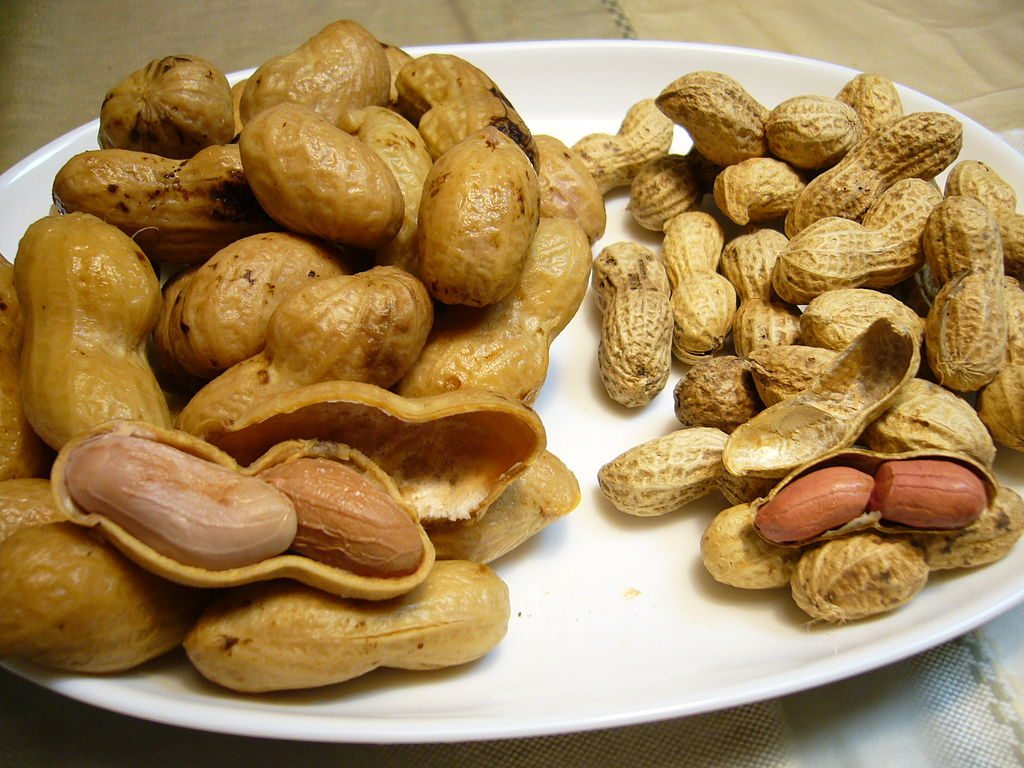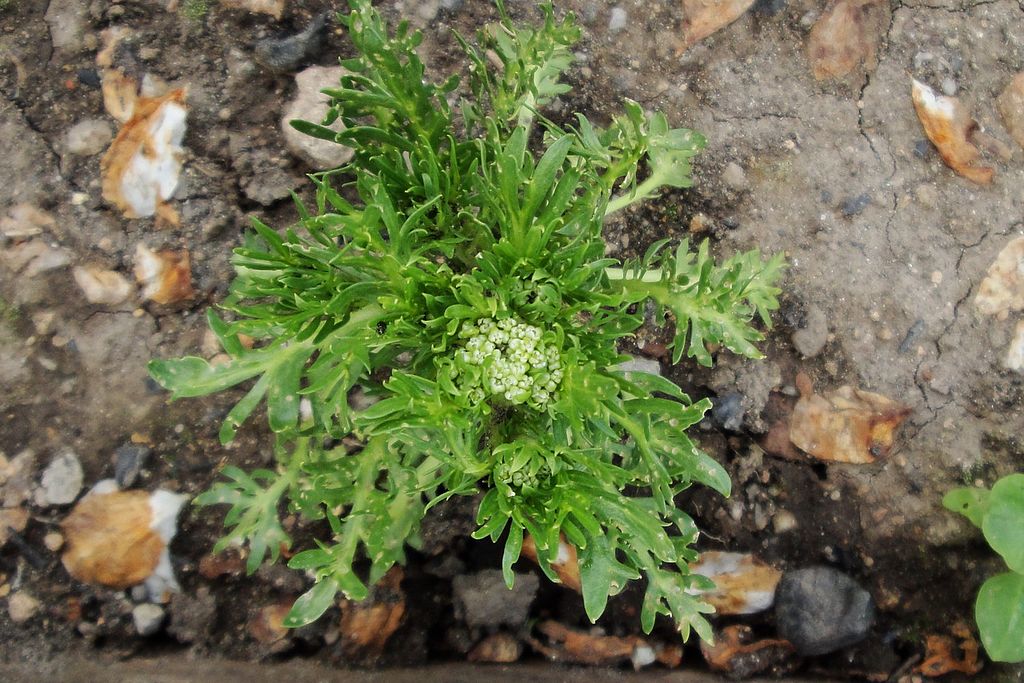Tag: herbal medicine

Herbal Medicine and Aristolochic Acid Nephropathy
Herbs are little more than dirty drugs, with uncertain dosing, potency, and often-unrecognized side effects. Aristolochic acid, which is present in the Aristolochia genus of plants often used in Traditional Chinese Medicine for many uses. Used in the West as a weight loss aid, Aristolochia is a case study in the unrecognized dangers of herbal medicine; it is a powerful nephrotoxin, and...
What to Expect When You’re Expecting
A correspondent asked me to review the book What to Expect When You’re Expecting by Heidi Murkoff and Sharon Mazel. She wrote “I’m very worried about this book.” She had just seen an NPR article about the book and was alarmed because it provided an excerpt from the book recommending that patients with morning sickness “Try Sea-Bands” and “Go CAM Crazy.” She knew from...
Herbal Remedies, Street Drugs, and Pharmacology
David Kroll’s recent article on thunder god vine is a great example of what can be learned by using science to study plants identified by herbalists as therapeutic. The herbalists’ arsenal can be a rich source of potential knowledge. But Kroll’s article is also a reminder that blindly trusting herbalists’ recommendations for treatment can be risky. Herbal medicine has always fascinated me....

How to Interrogate an Herbal Medicine: Thunder God Vine
Thunder god vine may not be a useful herbal medicine but the compounds isolated from it are fascinating – if not as medicines, then most certainly as laboratory tools. Nature Chemical Biology recently published an article where a research team from Johns Hopkins, the University of Colorado at Boulder, and Drew University in New Jersey, has determined the molecular mechanism of action...
What’s with the new cough and cold products?
One of my earliest lessons as a pharmacist working in the “real world” was that customers didn’t always act the way I expected. Parents of sick children frequently fell into this category — and the typical vignette went like this for me: Parent has determined that their child is sick, and needs some sort of over-the-counter medicine. Parent asks pharmacist for advice...
Sunscreen in a Pill?
I’ve previously described the consequences of acute and chronic sun exposure, and the rationale for topical sunscreen products. But wouldn’t it be easier to just take a pill that can boost our skin’s resistance to to the harmful effects of the sun? Is it possible to get all the benefits of sunscreen without the bother of creams, or even clothing?
Mixed Messages on Campus
The past two months have been my first time working in the hospital, as a third-year medical student in my Internal Medicine clerkship. It’s been exciting not only to see how medicine works but to be a part of the action! It really is striking to see the dramatic increases in proficiency and confidence with each stage of the training. From junior...
Trick or Treatment
I’ve just finished reading Trick or Treatment: The Undeniable Facts about Alternative Medicine by Simon Singh and Edzard Ernst. I’d been looking forward to the publication of this book, and it exceeded my expectations. Edzard Ernst, based at the University of Exeter in England, is the world’s first professor of complementary medicine, a post he has held for 15 years. An MD...

An Herbal Cure for Peanut Allergy?
Peanut allergy is uncommon but devastating. Even a tiny trace of peanut can cause an anaphylactic reaction and death. That’s why labels specify “produced on shared equipment with nuts or peanuts” or “produced in a facility that also processes nuts.” There is no effective treatment: patients have to rely on avoiding peanuts and carrying emergency epinephrine injectors. Parents of peanut-allergic children live...

The Plant vs Pharmaceutical False Dichotomy
A recent New York Times piece promotes the idea that herbs are safer and more effective than pharmaceuticals. The reality is, both are drugs, with risks and benefits that need to be assessed and considered. Where they differ is in the degree of scrutiny and evidence required - extensive amounts for drugs, almost none for herbs.

